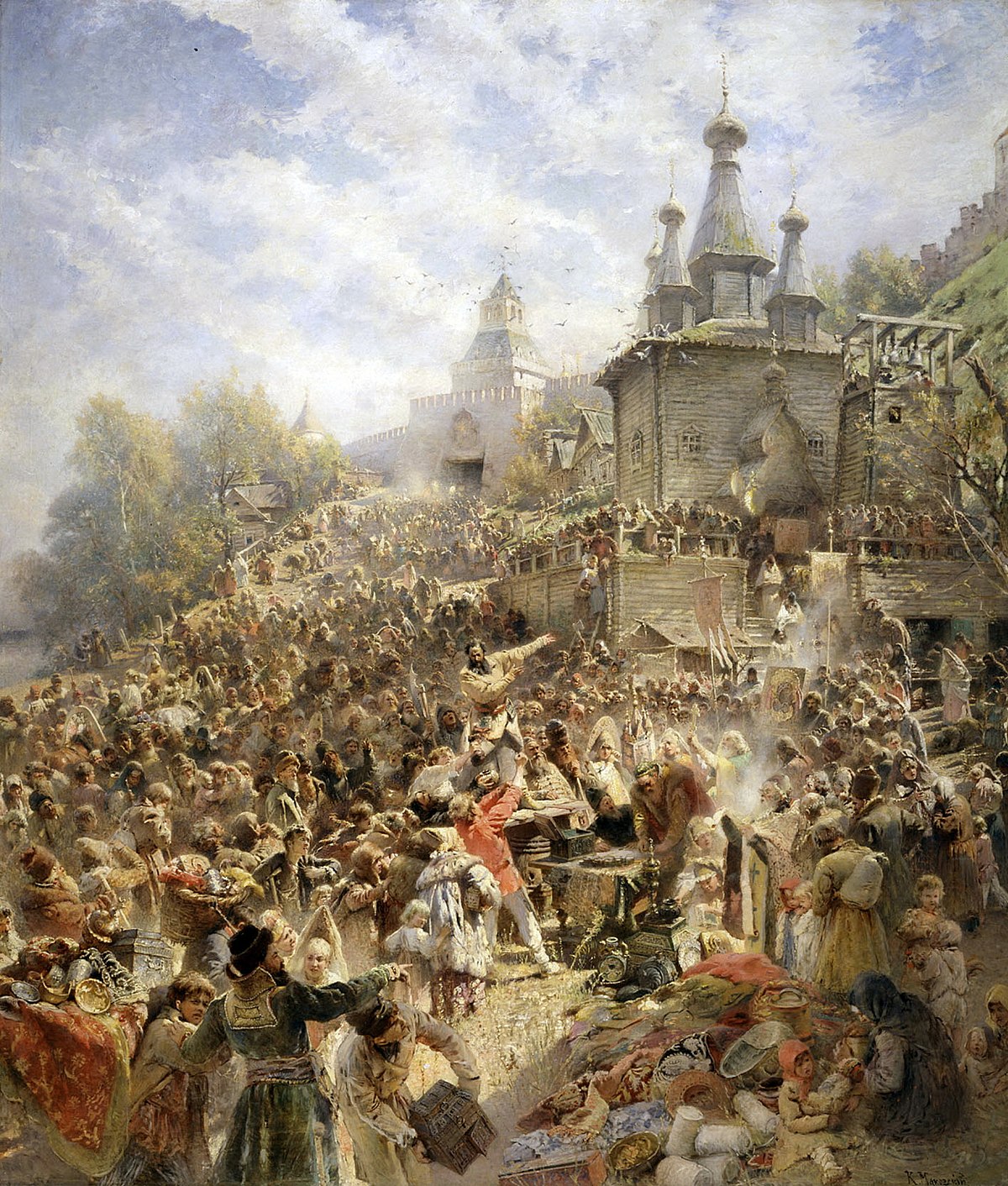Throughout history, the city of Rome has been a center of power, culture, and civilization. However, it has also been marked by periods of internal conflict and civil unrest, one of the most prominent being the civil war that plagued ancient Rome. This tumultuous period had far-reaching consequences that shaped the course of Roman history.
The Causes of the Civil War
Several factors contributed to the eruption of civil war in Rome. Political discord, social inequality, and power struggles among the ruling elite were some of the primary drivers. The stark divide between the patricians and the plebeians created deep-seated grievances, fueling resentment and discord within the city.
Furthermore, the ambitions of military leaders and the clash of egos among influential figures added fuel to the fire. The breakdown of the traditional Roman political system and the erosion of the republic’s institutions also played a pivotal role in pushing the city towards internal conflict.

Credit: en.wikipedia.org
Key Players in the Conflict
The civil war in Rome pitted powerful leaders and their loyal factions against each other. Gaius Julius Caesar, Gnaeus Pompeius Magnus (Pompey), Marcus Licinius Crassus, and Gaius Octavius (Octavian) were among the notable figures embroiled in this historic power struggle.
Julius Caesar
As a brilliant military tactician and a seasoned politician, Caesar sought to expand his influence and control, which eventually precipitated a showdown with his adversaries.
Pompey
Pompey, a renowned general and statesman, found himself at odds with Caesar as their conflicting ambitions led to a bitter rivalry and, ultimately, armed conflict.
Crassus
Crassus, one of the wealthiest men in Roman history, was also a key player in the events that led to the outbreak of civil war, particularly due to his role in the formation of the First Triumvirate alongside Caesar and Pompey.
Octavian
Though young and relatively inexperienced at the outset of the conflict, Octavian, who would later become the emperor Augustus, emerged as a formidable force in the power struggles that followed the assassination of Julius Caesar.
The Impact and Aftermath
The repercussions of the civil war were profound and long-lasting. The traditional republican system of Rome suffered irreparable damage, paving the way for the eventual rise of the Roman Empire. The demise of the Roman Republic and the ascent of autocratic rule under the emperors marked a significant shift in the governance and political landscape of Rome.
The conflict also exacted a heavy toll on Roman society, leading to widespread suffering, economic dislocation, and social upheaval. The once-unified city was torn asunder by the ambitions of its most powerful citizens, resulting in a fractured and disoriented populace.
Lessons from History
The civil war in Rome serves as a stark reminder of the perils of unchecked power, internal strife, and the erosion of democratic institutions. It underscores the need for a robust and inclusive political system, one that can accommodate diverse interests and prevent the concentration of authority in the hands of a select few.
Furthermore, the events of the Roman civil war highlight the enduring consequences of political instability and the imperative of fostering unity and cohesion within a society.
Frequently Asked Questions Of Civil War In Rome : Unveiling The Turmoil
What Caused The Civil War In Rome?
The Civil War in Rome was primarily caused by political and social tensions, power struggles, and the ambitions of various influential individuals and factions within the Roman Republic.
Who Were The Major Figures In The Roman Civil War?
Prominent figures in the Civil War in Rome included Julius Caesar, Pompey the Great, Marcus Junius Brutus, Gaius Cassius Longinus, and Mark Antony, among others, all of whom played crucial roles in the conflict.
What Were The Significant Battles In The Roman Civil War?
Key battles in the Roman Civil War included the Battle of Pharsalus, the Battle of Dyrrhachium, the Battle of Munda, and the Battle of Philippi, each of which had significant impacts on the outcome of the conflict.
How Did The Roman Civil War Impact The Roman Republic?
The Roman Civil War resulted in the demise of the Roman Republic and the rise of the Roman Empire under the leadership of Julius Caesar and later his successor, Augustus, fundamentally altering the political landscape of ancient Rome.
Conclusion
The civil war in ancient Rome stands as a testament to the fragility of political order and the grave consequences of unchecked ambition and discord. By studying this pivotal period in history, we gain invaluable insights into the dynamics of power, the complexities of governance, and the enduring struggle for stability and social harmony.
As we reflect on the lessons of the past, may we strive to uphold the values of justice, equality, and collective well-being, thereby fortifying the foundations of our own societies against the specter of internal division and conflict.

